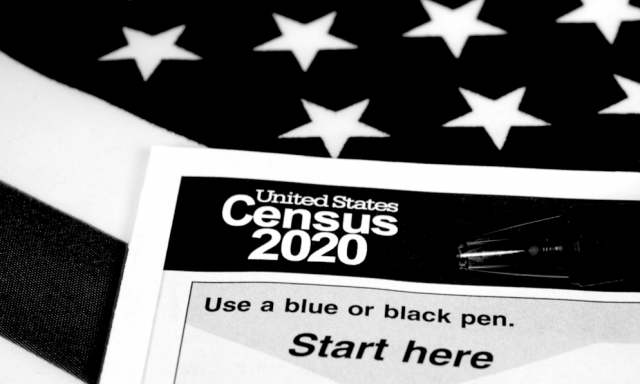

 Article
Article

 Mandated by the Constitution, the U.S. Census Bureau counts the nation’s residents every 10 years. The data determine seats in the House and federal funds for local communities, as well as inform practical research. Examples from Darden: studies on poverty and race, allocation of opportunity zones, and the effect of technology on rich and poor.
Mandated by the Constitution, the U.S. Census Bureau counts the nation’s residents every 10 years. The data determine seats in the House and federal funds for local communities, as well as inform practical research. Examples from Darden: studies on poverty and race, allocation of opportunity zones, and the effect of technology on rich and poor.

Insights from
Census Day is 1 April 2020 — the reference day for counting for the decennial census — but the process of counting every individual — adult and child — has already begun. If you haven’t received the forms for your household the information will arrive in your mail any day now.
We have heard that the decennial census matters for our communal life as Americans. Many states are spending millions of dollars to ensure that every individual in their states are counted. It is a constitutional mandate to ensure a representative democracy.* In addition, the data is used to plan for a variety of common goods like allocating Federal funds for the roads that take you to work, delivering K–12 education in your neighborhood and planning for how to respond in the event of a natural disaster.
At Darden, the data collected by the U.S. Census Bureau — on all its surveys — is also a critical part of the research of our faculty. These data are meticulously collected, accessible to all faculty and cover the entire United States. This makes it ideal for all kinds of projects. Currently several Darden faculty have investigations in the works using census data:
Each of these projects would not be possible without the high-quality work of the U.S. Census Bureau. Census data is a public good, and one that shapes our understanding about how business works.
When you sit down to fill out your census form this month, you are supporting American democracy, and you’re contributing to the research of Darden faculty.
And if you’re curious about the results of these projects, stay tuned: We will feature their findings once the results are in.
* In the early days, the representative democracy was based on “whole number of free persons … [and] three-fifths of all other persons.” It wasn’t until the 14th Amendment was ratified in 1868 that representation was based on “whole numbers of persons in each state.”
This article was developed with the support of Darden’s Institute for Business in Society, at which Megan Juelfs is associate director of research initiatives.
The Importance of the Decennial Census to Research